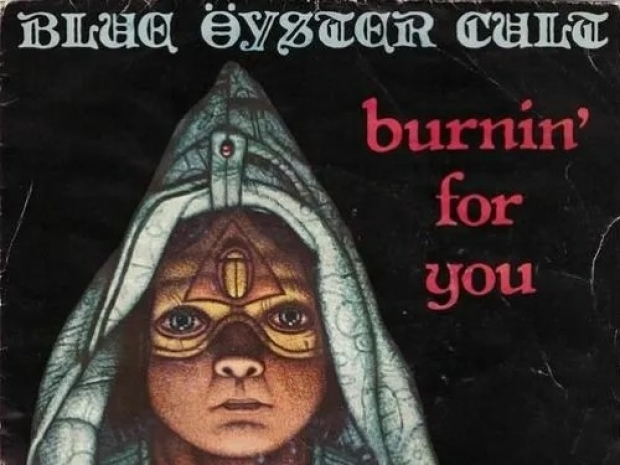The company said it got 679 reports of the recalled AC adapters overheating or bursting into flames, melting and burning, including 43 reports of minor burn injuries. Dynabook Americas said that customers should stop using the adapters immediately and contact them for a free replacement.
The recall affects AC adapters sold with Toshiba personal laptop computers and sold independently, with date codes between April 2008 and December 2012. The adapters were made in China. More than 60 models are part of the recall. The company created a webpage listing the adapters' affected models and serial numbers.
Gartner points out the adapters are for "very old models", so "it's only a tiny per cent of the population that is still using them."
The article quotes figures from Gartner showing that while Toshiba once ruled the laptop market, it now makes up about a per cent. "Nowadays, Lenovo dominates the category with 25 per cent, followed by HP (22 per cent), Dell (17 per cent) and Apple (nine per cent)."
Toshiba quietly exited the laptop business in 2020, ending a 35-year run by transferring its remaining minority stake in its PC business to Sharp. Two years ago, Toshiba sold an 80.1 per cent stake in its PC business to Sharp for $36 million, and Sharp renamed the division Dynabook. Sharp exercised its right to buy the remaining 19.1 per cent of shares back in June, and Toshiba released a statement on 4 August 2020 that the deal was completed
The company made the first PC laptop in 1985: The T1100 boasted internal rechargeable batteries, a 3.5-inch floppy drive, and 256K of memory. ComputerWorld’s 20-year retrospective of the T1100 notes that Toshiba executives were unsure about the portable computer but eventually came around and began selling the T1100 for around $2,000.
During the 1990s and early 2000s, Toshiba was among the top PC manufacturers. Still, as more players crowded into the market and with fewer unique features to offer, Toshiba’s laptops waned in popularity. By the time it sold its stake to Sharp, Toshiba’s PC market share had dwindled from its 2011 peak of 17.7 million PCs sold to about 1.4 million in 2017.




